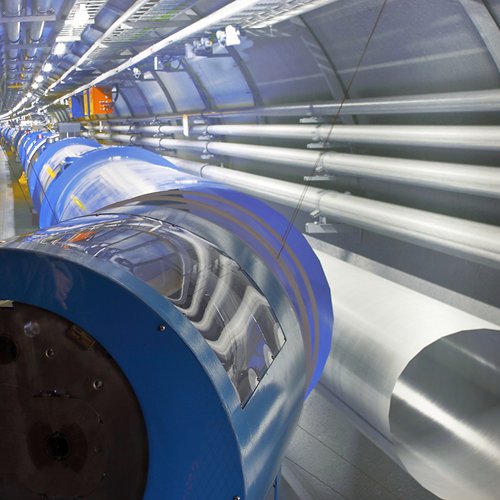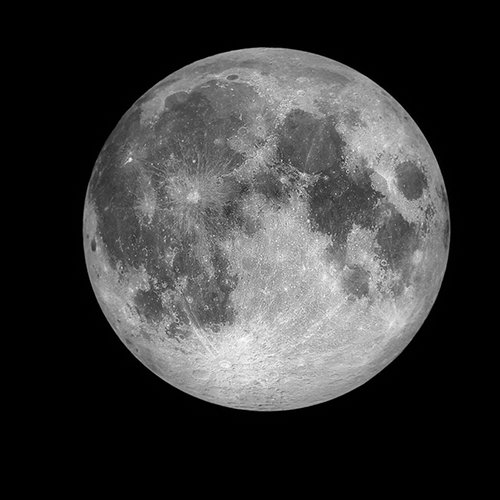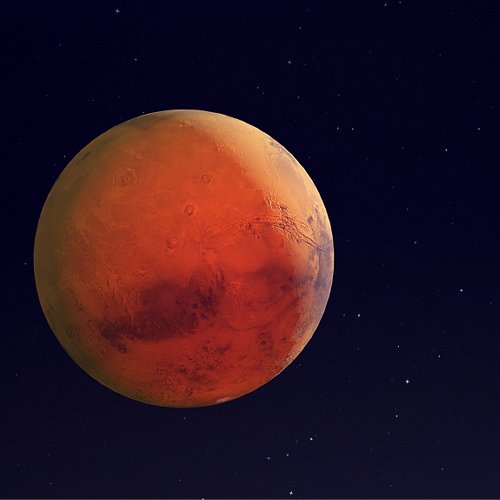According to the international journal Nature, the year that has just begun will bring with it major scientific and technological challenges. According to the journal, there are a number of scientific investigations ‘to watch for in 2022’ that will cover Covid-19 research, vaccines, new physics, lunar and Mars missions, climate action and conservation of biodiversity. Let’s discover them together!
Voice search

Medicine, climate or space exploration? The main scientific challenges in 2022
Research on Covid-19
Medical research on the SARS-CoV-2 virus, and especially on Omicron (B.1.1.529), the variant of the Coronavirus first identified at the end of November 2021, continues. Research is also constantly monitoring new Covid variants and the long-term effects on people who have recovered from infection.
Alongside the Covid research, the vaccination campaign and research into the origin of the virus will continue. Wealthy countries have started administering booster doses, but unfortunately almost half of the world’s population has not yet received even a single dose of vaccine. To close this huge global gap, we will have to wait for vaccine prices to fall or for pharmaceutical companies to surrender their patents, thus favouring vaccination coverage for poorer countries.
Updated vaccines
2022 could see the development of new messenger RNA vaccines targeting specific Covid variants. Protein-based vaccines are the most conventional type of immunisation (they have been used for decades against several diseases, including hepatitis and shingles) and have shown promising results in phase III COVID-19 clinical trials in 2021. DNA-based vaccines are cheaper to produce than mRNA vaccines and do not require cold storage, so they could be a good alternative for lower-income countries. Other diseases will be targeted: advances are expected in vaccines for HIV (human immunodeficiency virus), malaria (infection caused by protozoan parasites of the genus Plasmodium) and Lyme disease (bacterial infection transmitted by ticks).
The ‘new physics’
After a long shutdown, June 2022 will see the return to operation of the Large Hadron Collider (LHC), the world’s largest particle accelerator located at CERN in Geneva. Objective of the LHC: the exploration of so-called ‘new physics’. The LHC’s main experiments, ATLAS and CMS have been updated and extended with additional layers of detector components. This will allow them to collect more data on the 40 million proton collisions that each of them produces every second. Following their upgrades, the four gravitational wave detectors – located one in Japan, one in Italy and two in the United States – will begin a new series of observations in December.

Large Hadron Collider (LHC)
The Facility for Rare Isotope Beams at Michigan State University in East Lansing is also due to start operations early in 2022. The multi-stage accelerator will synthesise thousands of new isotopes of known elements and investigate the physics and nuclear structure of neutron stars and supernova explosions.
Moon missions
In 2022, the Moon will be a frequent destination for space exploration, with numerous lunar missions planned by both space agencies and private companies. NASA will launch the Artemis I orbiter in the first launch test, with the hope of taking astronauts to the lunar surface. It will be accompanied by the CAPSTONE orbiter, which will conduct experiments in preparation for the arrival of Gateway, the first space station to orbit the Moon.

India aims to be the first to make a ‘soft’ landing (i.e. one that does not damage the craft) on its third lunar mission Chandrayaan-3, carrying its own lunar rover, followed by Japan with its SLIM mission. Russia is aiming for a comeback with the Luna 25 lander, while South Korea will launch the Korea Pathfinder Lunar Orbiter.
Mars
Another epic space journey to watch will be the joint Russian-European ExoMars mission, which is due to take off in September. Russia and Europe will work together to get the European Space Agency’s Rosalind Franklin rover off the ground in search of past life on Mars. The launch was originally planned for 2020, but was delayed, partly due to issues with the parachutes needed to land safely.

China also continues its Mars research, completing its Tiangong space station and proceeding with more than 1,000 new experiments, ranging from astronomical and Earth observation to the effects of microgravity and cosmic radiation on bacterial growth.
Climate action
Following on from COP26 in Glasgow, delegates from around the world will meet in Sharm El-Sheikh in November 2022 for COP27 to address climate change. Once again, it is expected that the Paris Agreement will be respected by UN member states by presenting climate commitments consistent with what has been agreed in the past. The monitoring of greenhouse gas emissions also continues and, after a pandemic-induced decline, they have increased again in 2021.
Biodiversity
Another key issue in 2022 will be safeguarding biodiversity, working on new targets to slow the massive loss of biological diversity linked to human activities. In the decade 2010-2020, the Aichi Targets (points and strategies, set in 2010, to be achieved by 2020 at global level) were mostly missed: the next UN Convention on Biological Diversity will have to address the situation with new action plans. The Convention is scheduled to meet in Kunming (China) in May 2022, provided that the global health situation does not interfere with the planned programmes.
by Benedetta Palazzo



